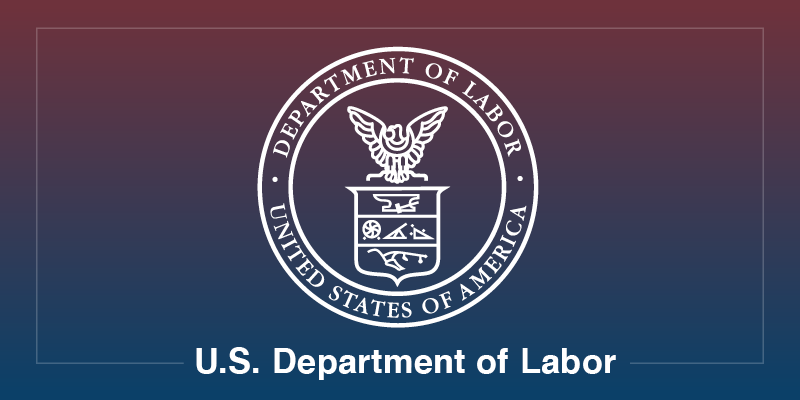- Joined
- Sep 12, 2019
- Messages
- 33,632
- Reaction score
- 12,223
- Gender
- Male
- Political Leaning
- Moderate
Will employee religious needs be met? I have mixed feelings on this. As an employer, you have a job to get done.
And sometimes, that's on a Sunday.
If it were me, I wouldn't take a job that required I even remotely stand the chance of working on Sunday. However, will the religious needs of employees fall under the umbrella of 'reasonable accommodation'?
=============================
WASHINGTON —
The Supreme Court is being asked to decide under what circumstances businesses must accommodate the needs of religious employees.
A case before the justices Tuesday involves a Christian mail carrier in rural Pennsylvania. He was told that as part of his job he'd need to start delivering Amazon packages on Sundays. He declined, saying his Sundays are for church and family. U.S. Postal Service officials initially tried to get substitutes for the man’s shifts, but they couldn’t always. When he didn’t show, that meant more work for others. Ultimately, the man quit and sued for religious discrimination.
The case is the latest religious confrontation the high court has been asked to referee. In recent years, the court's 6-3 conservative majority has been particularly sensitive to the concerns of religious plaintiffs. That includes a ruling last year in which the court said a public high school football coach should be allowed to pray on the field after games. Another case the court is weighing this term involves a Christian graphic artist who wants to create wedding websites, but doesn't want to serve gay couples.

 www.wlwt.com
www.wlwt.com
And sometimes, that's on a Sunday.
If it were me, I wouldn't take a job that required I even remotely stand the chance of working on Sunday. However, will the religious needs of employees fall under the umbrella of 'reasonable accommodation'?
=============================
WASHINGTON —
The Supreme Court is being asked to decide under what circumstances businesses must accommodate the needs of religious employees.
A case before the justices Tuesday involves a Christian mail carrier in rural Pennsylvania. He was told that as part of his job he'd need to start delivering Amazon packages on Sundays. He declined, saying his Sundays are for church and family. U.S. Postal Service officials initially tried to get substitutes for the man’s shifts, but they couldn’t always. When he didn’t show, that meant more work for others. Ultimately, the man quit and sued for religious discrimination.
The case is the latest religious confrontation the high court has been asked to referee. In recent years, the court's 6-3 conservative majority has been particularly sensitive to the concerns of religious plaintiffs. That includes a ruling last year in which the court said a public high school football coach should be allowed to pray on the field after games. Another case the court is weighing this term involves a Christian graphic artist who wants to create wedding websites, but doesn't want to serve gay couples.

Supreme Court hears religious tolerance case of postal worker who didn't work Sundays
The Supreme Court is being asked to decide under what circumstances businesses must accommodate the needs of religious employees.

